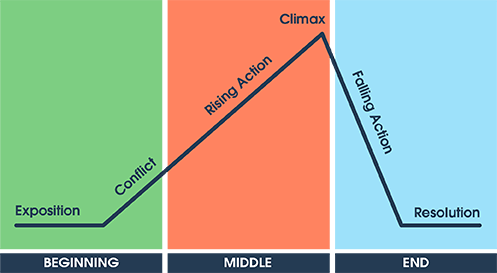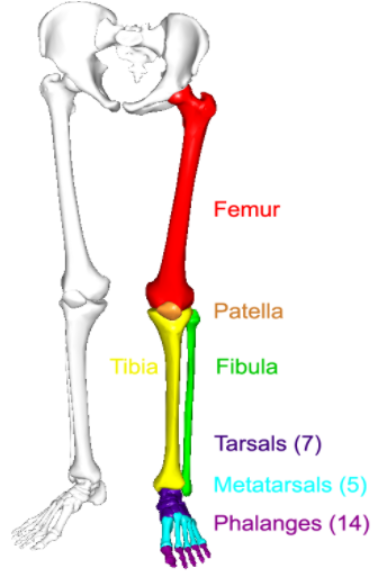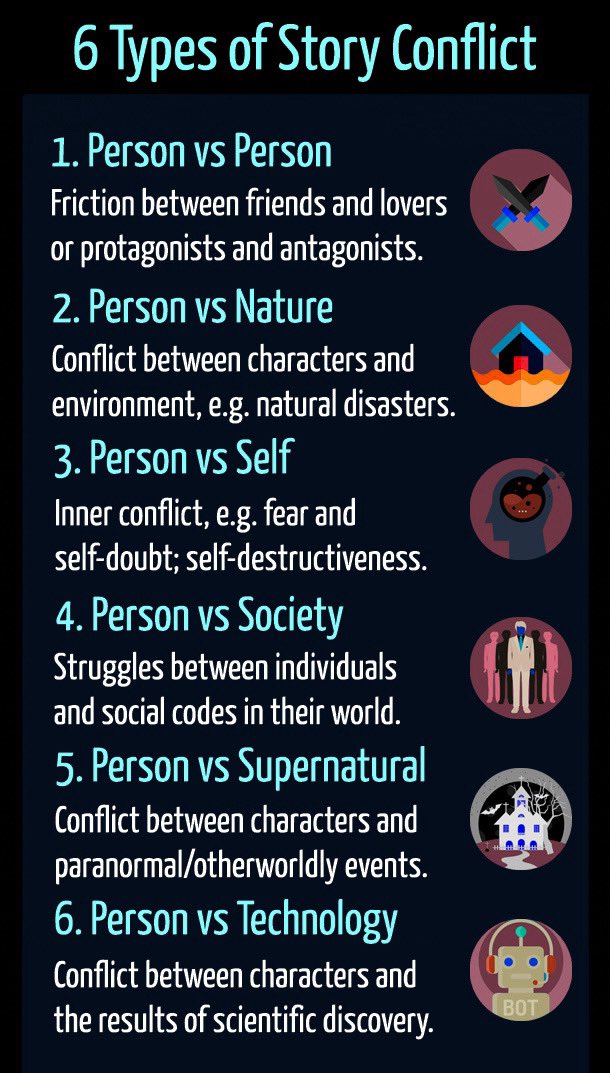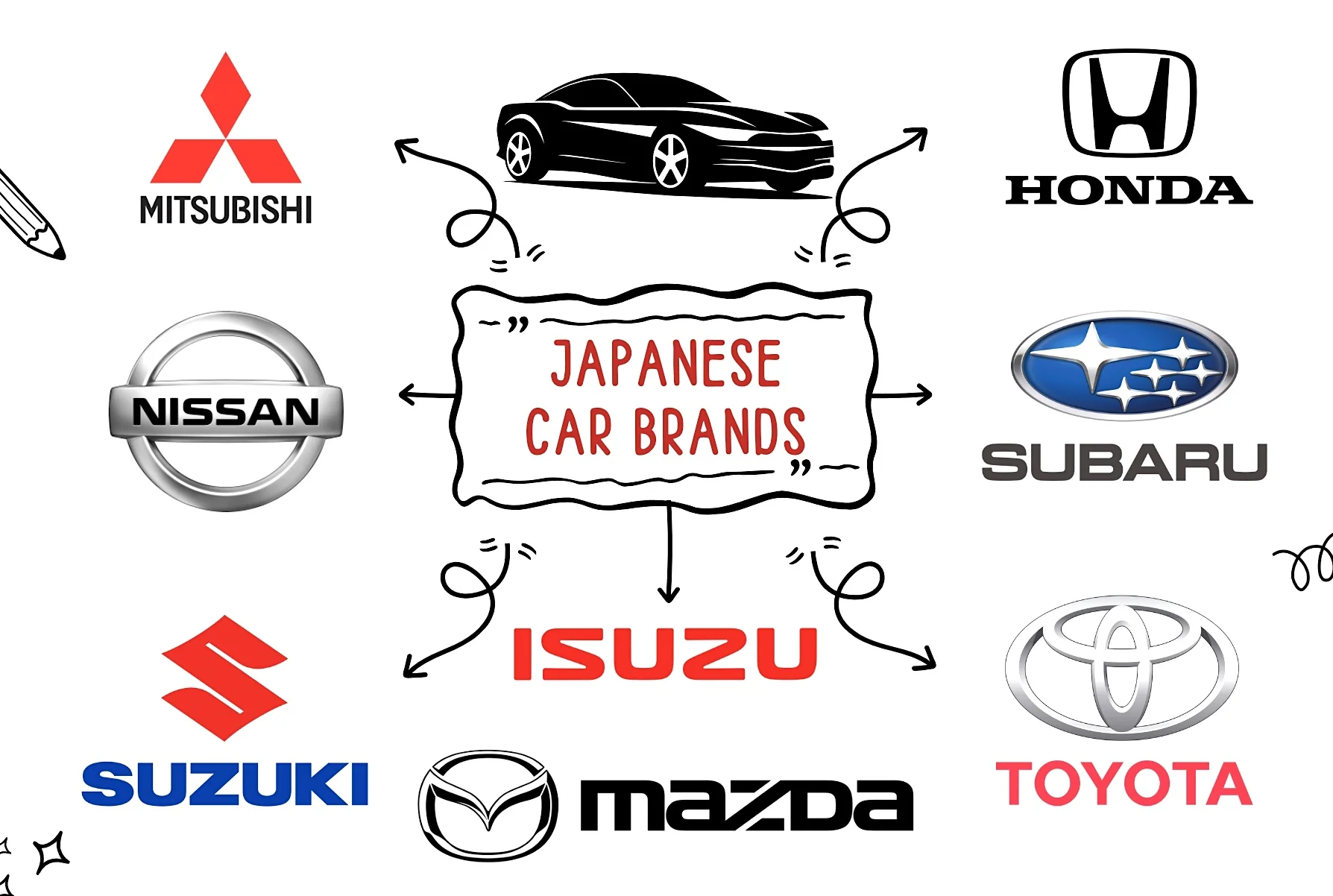What is the difference between direct and indirect characterization?
Indirect: the characteristic is shown, not told directly
Name and describe two different camera shot styles introduced in this unit.

Extreme wide shot, wide shot, medium shot, over the shoulder, bug's eye view, bird's eye view, dutch shot
Provide a simile.
Answers vary but they BETTER have "like" or "as" in a direct comparison.
This literary device involves authors carefully and intentionally providing hints of what may come later in the story.
Foreshadowing
This game platform is beloved by PC users for its vast library, frequent sales, and its portable "Deck" which lets its patrons bring their games with them.
Steam
In order, name the elements of the plot diagram.

List and note the purpose of the three types of lighting mentioned in this unit.
Key light: main source of light
Fill light: fills shadows from key light
Back light: lights from behind subject to define their silhouette
Explain the difference between literal and figurative language, and provide an example of each.
Literal: what is obvious without any hidden meanings
Figurative: what must be inferred/hidden meanings added for depth; examples vary
What is the literary device where an outside text/story is referenced within another text?
An allusion
What is the second largest bone in the human body?
The tibia
What is the definition of a dilemma?
A situation in which a difficult choice has to be made between two undesirable options
Name at least two film elements you notice in this clip.
Answers vary. Medium shots, pan, key/fill/back light leading to natural lighting, verisimilitude elements like costumes
"The summer is so close I can taste it" is an example of what poetic device?
Gustatory imagery, hyperbole, or exaggeration
DAILY DOUBLE: Name at least three reasons to hate Justin Scott from Moon of the Crusted Snow.
Answers vary. Honestly I'll accept any hate that's textually valid. No, you can't say "because he's bald"
Name three countries that start with the letter "F".
- Faroe Islands
- Fiji
- Finland
- France
- French Polynesia
Define a genre.
Similar characteristics between texts, whether in subject matter, form, style, or themes.
List and define the four categories of characters discussed in this unit.
Static: unchanging character
Dynamic: character that changes throughout the story
Flat: a character with a singular/monolithic personality
Round: a character with a multidimensional personality
What is scansion?
The consideration of unstressed versus stressed syllables (rhythm) in a poem
Name any three of the common types of conflict in stories.

Name, in ascending order, all perfect squares up to 100.
1, 4, 9, 16, 25, 36, 49, 64, 81, 100
Explain the difference between a theme and a morale.
A theme: a main takeaway, established and explored repeatedly through the story
A morale: a life lesson meant to educate the reader, often in children's fables
What are any four of the film sound elements discussed in class?
Diegetic sound, non-diegetic sound, score, soundtrack, sound effects, dialogue
Explain the difference between assonance, consonance, and alliteration.
Assonance: repeated vowel sounds within words in a poem
Consonance: repeated consonant sounds in words in a poem
Alliteration: repeated sounds at the beginning of words
Literally translated to "god on/from the stage", what is the phrase that refers to an element in a story that seemingly appears out of nowhere and saves the day?
Deus ex machina
In no order, name any six of the top-selling Japanese car brands from last year.

Toyota, Suzuki, Honda, Nissan, Daihatsu, Mazda, Mitsubishi, Subaru, Lexus, Isuzu